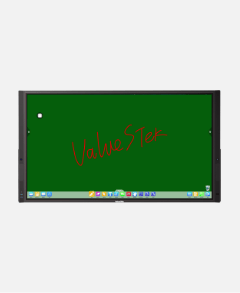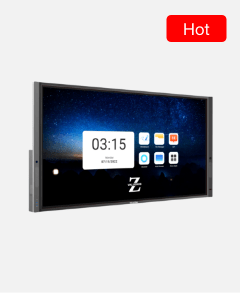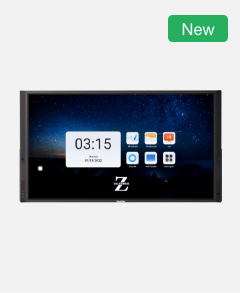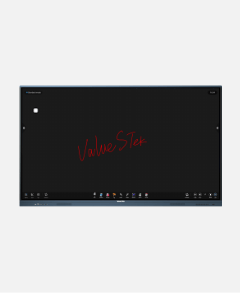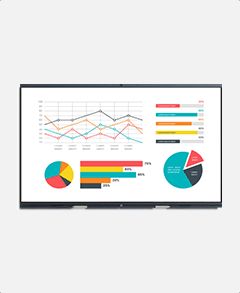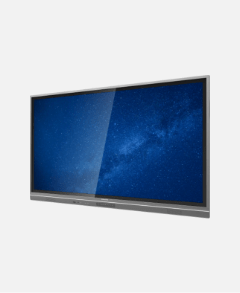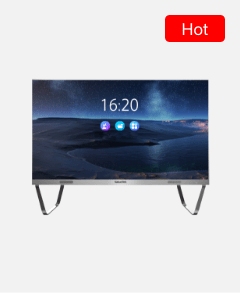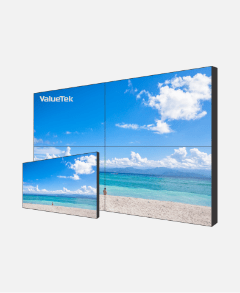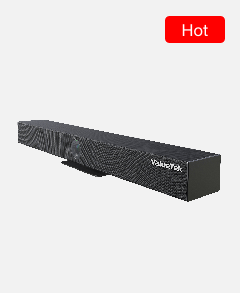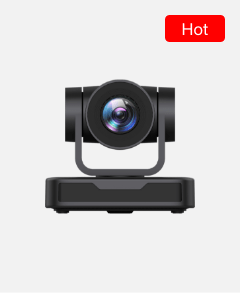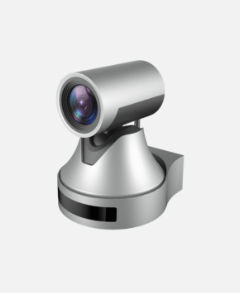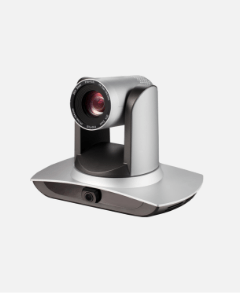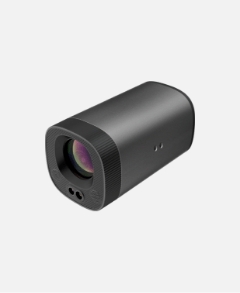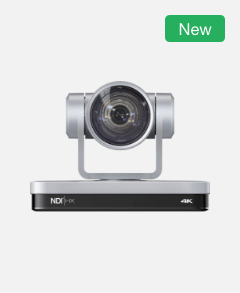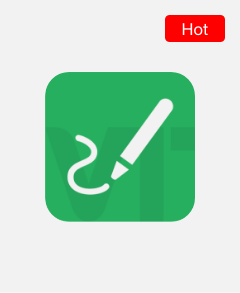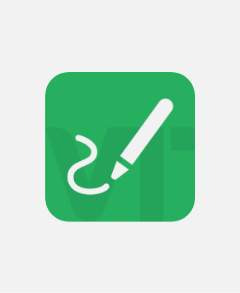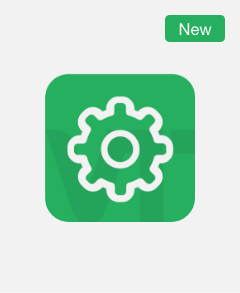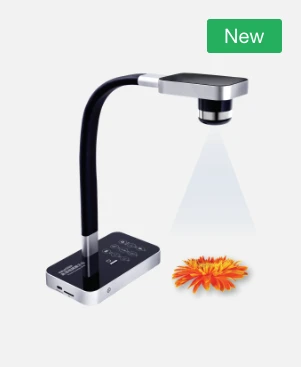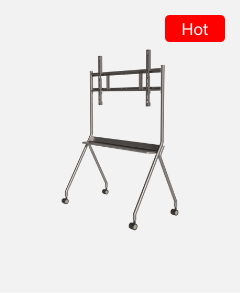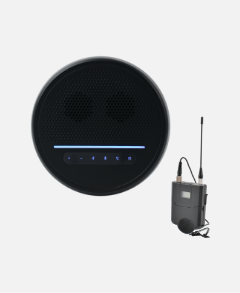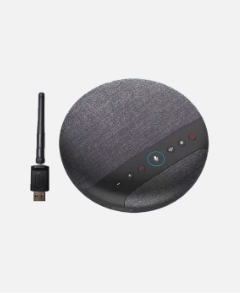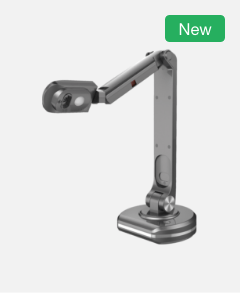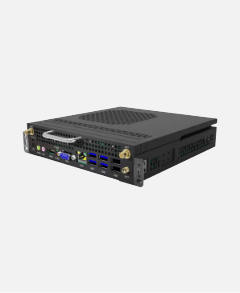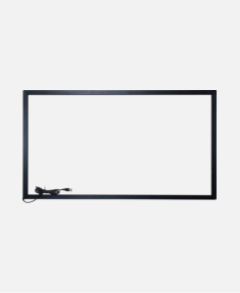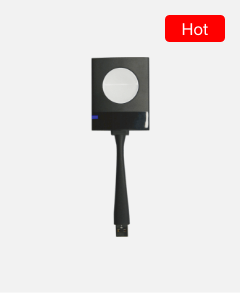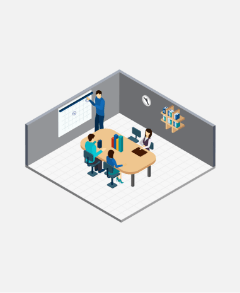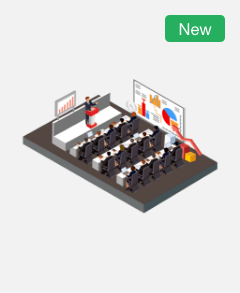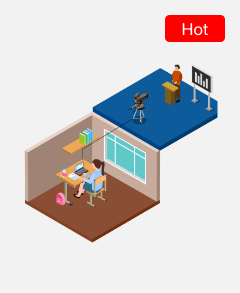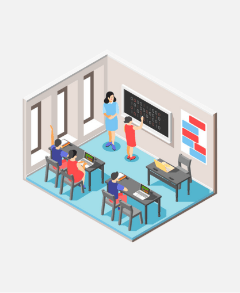《Interactive Smart Board – Analysis of Current Application and Development Prospects in Nigeria》
1. Overview of Interactive Smart Board (Key Summary)
The global and regional markets for Interactive Smart Boards are expanding rapidly, providing macroeconomic momentum for entering the Nigerian market. From 2024 to 2025, the global INTERACTIVE SMART BOARD market is expected to see notable growth, with a favorable long-term CAGR. The increasing demand for enterprise collaboration displays is the main driver.
In Nigeria, key application areas for Interactive Smart Boards include education (primary, secondary, and higher education), corporate meetings/collaboration, government and public service points (such as training and command centers), and retail/digital signage. Government entities and private distributors (local resellers, agents for brands such as SMART and ValueSTek) have begun implementing deployment projects.
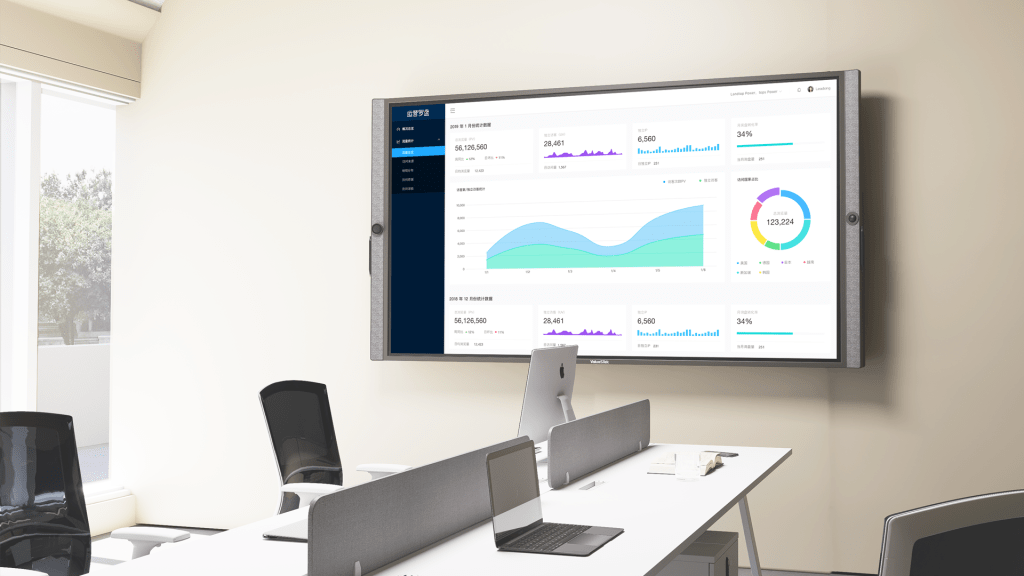
2. Market Status in Nigeria
Although detailed public quantitative reports specific to Nigeria are limited, the expansion of the global and Middle East–Africa digital signage and interactive display markets indicates that, as West Africa’s largest economy, Nigeria’s demand for INTERACTIVE SMART BOARDs is at an early but rising stage. Driven by enterprise digitalization, educational modernization, and urbanization, adoption is accelerating.
International brands (such as SMART and ValueSTek) are promoting adoption through local agents and exhibitions (e.g., GITEX Nigeria). Local distributors and system integrators provide installation, training, and after-sales services.
The Nigerian education sector has already conducted research and pilot projects on interactive whiteboards/smart boards. Federal and local government initiatives distributing interactive devices show that INTERACTIVE SMART BOARD is one of the core entry points for education popularization.
3. Major Application Scenarios and Typical Value
1. Education and Training – Replaces blackboards/projectors; supports multimedia teaching, teacher-student interaction, and remote synchronous learning.
2. Corporate Collaboration and Remote Meetings – Enables hybrid work with multi-user touch, remote video conferencing, and annotation features.
3. Public Administration and Command Centers – Used for emergency response and remote government training.
4. Retail and Digital Marketing – Interactive signage for customer engagement and cloud-based content management.
4. Technology and Product Trends
1. Resolution and Display Technology – 4K/high brightness and low-reflection panels for bright environments.
2. Localization and Services – Local assembly/service reduces logistics and maintenance costs.
3. Software and Ecosystem – Integration with Microsoft Teams, Google Workspace, and local CMS.
4. AI and Interactive Features –multilingual support, and remote collaboration optimization.
5. Market Challenges and Risks
1. Price Sensitivity – Schools and SMEs have limited budgets.
2. Infrastructure and Power Supply – Unstable electricity requires UPS and durable designs.
3. Content and Localization – High demand for localized UI and multilingual content.
4. After-Sales and Trust – Preference for vendors offering local support.
6. Business Opportunities and Market Entry Strategies
1. Education Entry Strategy – Partner with pilot schools and offer leasing/OPEX models.
2. Corporate Market – Target banks, oil & gas, FMCG, and telecom sectors.
3. Channel and Service Network – Build local service networks and regional spare parts centers.
4. Pricing and Financing Solutions – Provide flexible payment and training packages.
5. Localized Innovation – Develop multilingual, low-bandwidth, and offline content solutions.
7. Short- and Long-Term Outlook
Short-Term (1–3 Years): Education and government pilot projects will grow steadily.
Long-Term (3–7 Years): Costs will decline, services improve, and will spread widely with AI becoming standard.
8. Conclusion and Recommendations
1. For Manufacturers/Distributors – Focus on Lagos, Abuja, Harcourt, and Kano; emphasize education and enterprise clients.
2. For Schools/Government Buyers – Choose localized, fault-tolerant, low-bandwidth solutions.
3. For Investors/Partners – Focus on integrators with software and AI capabilities for education and enterprise collaboration.
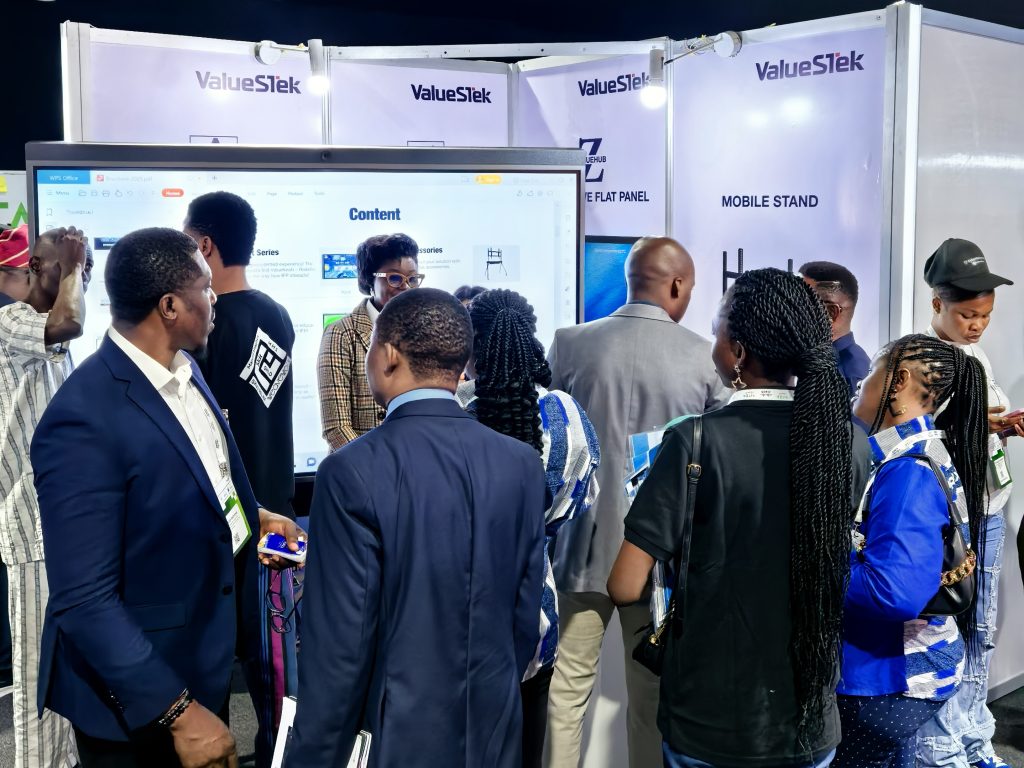
References
– The Business Research Company / ResearchAndMarkets reports
– SMART, local distributors, and ValueSTek at GITEX Nigeria
– Academic and news sources on interactive whiteboard use in schools

